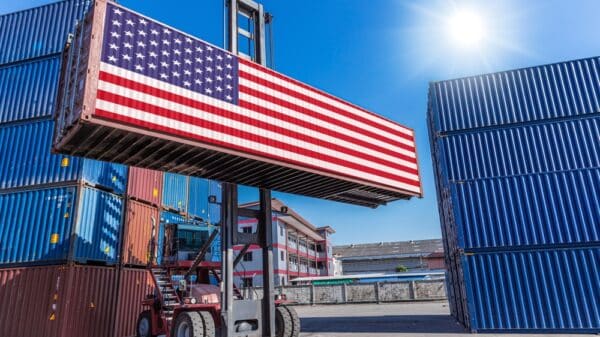In a robust move towards safeguarding consumer rights and protecting local businesses, France’s Minister for Trade and SMEs, Véronique Louwagie, is spearheading efforts to create a European enforcement protocol aimed at regulating online retailers. Her formal request to the European Commission represents an urgent call for action to address non-compliance among certain e-tailers posing potential threats to both businesses and consumers within the EU.
Impact of Proposed Regulations
The call for stricter regulations comes in response to the increasing visibility of e-commerce giants such as Shein, Temu, and AliExpress, which have been scrutinized for practices that allegedly compromise consumer rights—ranging from misleading product information to counterfeit goods. Louwagie emphasized the possible long-term repercussions these practices could hold for European businesses and the overall integrity of the market. This underscores the urgent need for reform to hold such platforms accountable.
While addressing Michael McGrath, EU Commissioner for Justice, Louwagie highlighted that immediate changes to EU laws are essential for effectively delisting non-compliant e-tailers. This strategy mirrors similar investigations already carried out, targeting the aforementioned platforms, and aims to set a precedent for more comprehensive oversight.
Current Regulatory Context
Recent sanctions imposed on Shein by French authorities underscore the seriousness of the situation. The company was fined €40 million for “misleading commercial practices,” prompting broader discussions about the viability of ultra-low-cost business models that often prioritize pricing over transparency and quality. With Shein generating around €35 billion in revenue in 2024, the stakes for both regulatory bodies and consumers are unusually high.
Back in March, France’s Trade Commission signaled a desire to outlaw ultra-low-cost e-commerce platforms like Shein and Temu, citing potential threats posed by their business practices. This aligns with historical precedents, such as the official ban of the US-based Wish platform in France, prompting discussions on how to apply similar measures against current market players.
Navigating the E-Commerce Ecosystem
As Louwagie’s proposal unfolds, the dynamics between French authorities and major e-commerce players could define the future of online retail in Europe. Industry voices, such as those from France’s e-commerce federation Fevad and the retail association Alliance du Commerce, suggest that the approach toward e-tailers like Shein and Temu will differ significantly from that employed against Wish. These platforms are actively engaging with regulatory bodies, emphasizing their compliance and the benefits they offer to consumers.
While the abolition of the tax exemption for non-European parcels valued under €150 has already been a regulatory measure taken, its actual enforcement might not be seen until as late as 2028. Thus, the path to establishing a comprehensive legal framework for e-commerce remains complex and multifaceted.
The Road Ahead
With platforms like Shein and Temu now entrenched among the most-visited e-tailers in France—each boasting millions of unique monthly users—the need for a robust regulatory framework becomes all the more pressing. The surge in online shopping has presented both opportunities and challenges, compelling European authorities to ensure a level playing field for all market participants.
As Louwagie’s call to action encourages a unified European response, the upcoming developments in regulation will be vital for shaping the future trajectory of e-commerce in the region. Businesses and consumers alike will be monitoring these proceedings closely, as they may redefine the parameters of online retailing within the European landscape.
Image Source: Unsplash





















